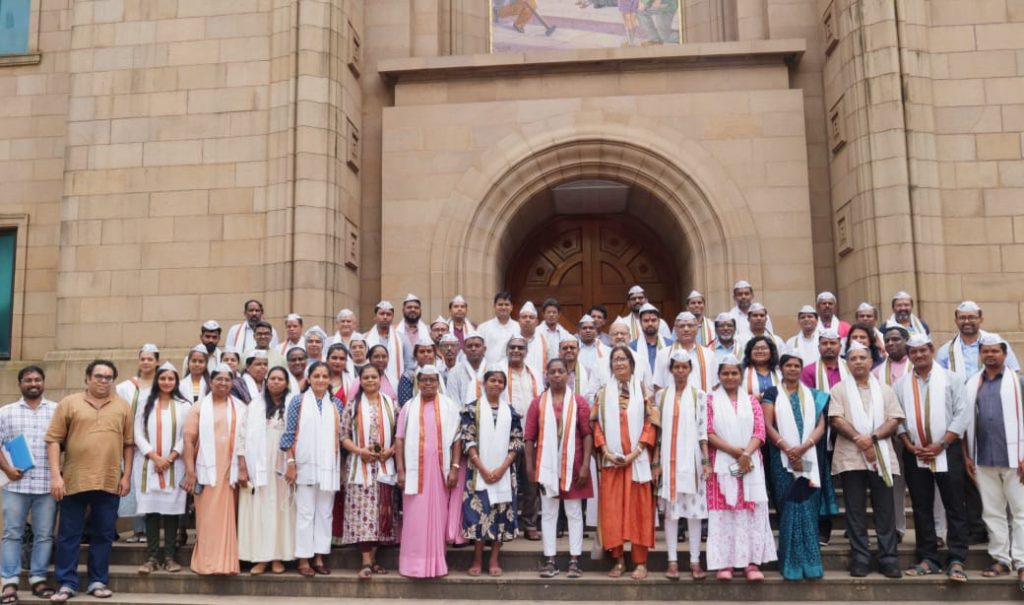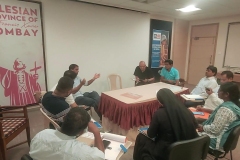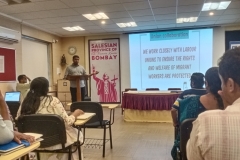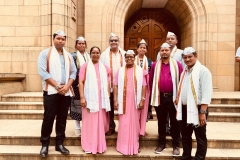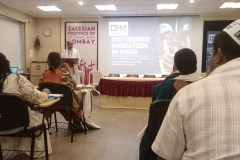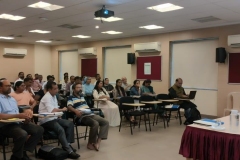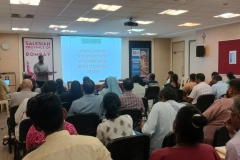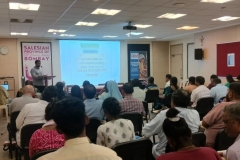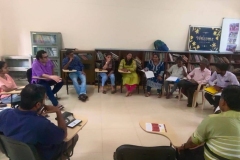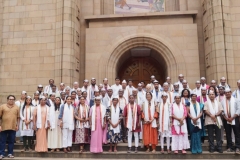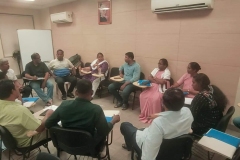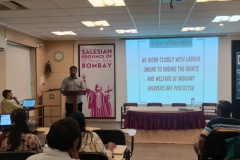National Migrant Workshop 2024
The National Migrant Workshop 2024 held in Mumbai brought together various stakeholders to address the pressing issues faced by migrants. The workshop began with a Eucharist celebrated by Fr. Ignatius Gari from Guwahati Province, alongside Fr. Sameer Minj, SJ, from Bangalore, and Fr. Maria Arockiadoss from Delhi. Fr. Gari’s homily emphasized the importance of commitment and dedication when working with migrants. Following the Eucharist, the official inauguration ceremony took place, where participants were welcomed in traditional Maharashtrian style with a “bindu” and blessings. Dignitaries were honored, and Fr. Provincial delivered a presidential address, highlighting the workshop’s significance, particularly as it coincided with St. John Bosco’s birthday.
The first day continued with presentations by thirteen Salesian Fathers, who shared their experiences and approaches in migrant ministry, discussing both their successes and the challenges they face. The second day opened with a prayer focused on the themes of welcoming, realizing, sharing, and giving in service to migrants and refugees. The participants then engaged in group discussions led by Fr. Joe Prabu, where they were divided by province, state, and language to explore strategies for safe migration and address challenges specific to their regions.
The workshop produced several important outcomes, including plans to provide shelter and basic needs for migrants at key locations such as bus stands and railway stations, and the establishment of migrant help desks in places like Guwahati, Tiruppur, and Chennai. Additionally, there was a strong focus on facilitating entitlements, registration, and social security for migrants at both their source and destination points, as well as the creation of state-level emergency helplines in collaboration with the labor department. The workshop also emphasized the importance of data collection, research, and capacity building, including online sessions on legal, migration, and labor-related topics, and the formation of workers’ collectives to empower young workers in negotiating better wages and conditions. Furthermore, the workshop highlighted the need for stronger networks and advocacy efforts, involving NGOs, religious groups, and civil society, to promote social integration and mutual respect between migrants and host communities. Overall, the workshop underscored the need for collective action and robust strategies to support and integrate migrants across the country, building on the strengths of local and international networks.
